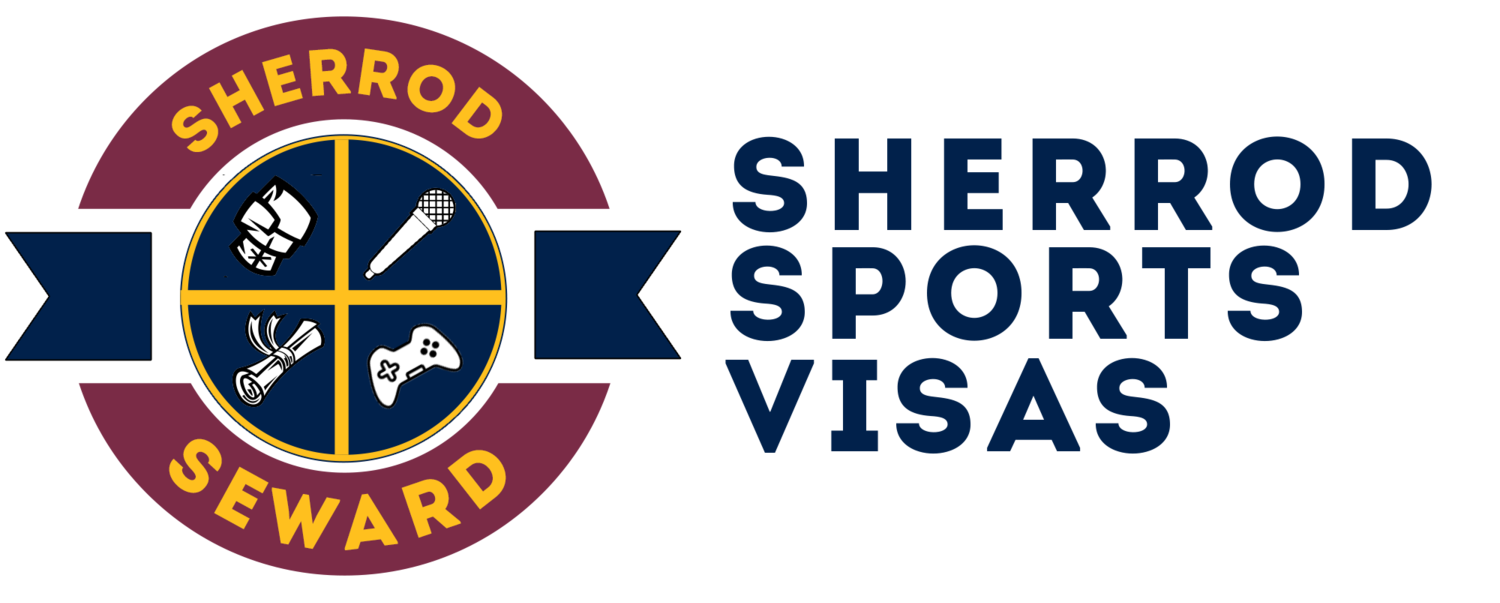International Student Athletes: from F-1 to P-1 vs EB-1A Visa
Hello, I'm Sherrod Seward from Sherrod Sports Visas. Our mission is to offer guidance to athletes and professionals seeking the best visa options. Recently, we reviewed an intake sheet from an individual with notable achievements, including conference accolades, a scholarship, and a research paper. In this blog post, we’ll explore why the P-1 visa might be the best option for international student athletes and how it can be a strategic step toward obtaining an EB-1A visa in the future.
Visa Options: EB-1A vs. P-1 Visa for Student athletes
The EB-1A Visa for Student Athletes
The EB-1A is highly competitive and typically requires a substantial body of professional achievements, often recognized at a national or international level. Applicants must demonstrate sustained acclaim and recognition, making it a challenging path for those transitioning directly from collegiate to professional careers.
The P-1 Visa for Student Athletes
The P1 visa, on the other hand, is tailored for internationally recognized athletes or entertainers. It allows individuals to work in their field in the United States and gain professional experience. The P-1 visa can be an ideal choice for those with a strong college career but not yet the extensive professional achievements required for the EB-1A visa.
Why the P-1 Visa May Be the Right Choice for International Student Athletesions
Professional Experience and Recognition
A robust college career is a significant accomplishment, but transitioning to the EB1A visa directly from college can be an uphill battle. The P1 visa provides an opportunity to build a professional career and accumulate the necessary achievements to strengthen a future EB1A application.
Strategic Career Advancement
The P1 visa allows athletes to compete and work in the U.S. while they build their resumes. Over a few years, individuals can achieve higher professional accolades, making them more competitive candidates for the EB1A visa.
The Importance of a Strong Foundation
A successful EB1A application requires more than just a list of achievements; it demands a demonstration of sustained excellence and impact in the field. The P1 visa serves as a foundation, allowing athletes to develop a career that meets these stringent criteria over time.
Steps to Transition from P-1 to EB-1A Visa
Applying for the P1 Visa
The first step is to secure a P1 visa. This involves proving international recognition and the ability to compete or work in the U.S. as an athlete. The application should include evidence of your collegiate and other achievements, endorsements, and any relevant documentation showcasing your skills and recognition.
Building Professional Achievements
Once in the U.S. on a P1 visa, focus on excelling in your professional career. Compete in national and international tournaments, work with high-profile coaches, and seek out opportunities that enhance your visibility and reputation in your field.
Preparing for an EB-1A Application
After a few years of building a professional career, you can revisit the possibility of applying for an EB1A visa. At this point, you should have a more robust portfolio of achievements, making your application stronger and more likely to succeed.
Common Misconceptions about Visa Applications
The Role of College Achievements
While collegiate achievements are useful, they often do not meet the high bar set by the EB-1A visa criteria. It’s crucial to understand the difference between college-level accomplishments and the professional recognition required for the EB-1A.
The Value of Professional Experience
Professional experience is invaluable when applying for higher-tier visas like the EB-1A. The P-1 visa provides a platform to gain this experience and build a case that aligns with the stringent requirements of the EB-1A.
Begin Your Quest for Extraordinary Achievement
At Sherrod Sports Visas we provide strategic advice to navigate the complex immigration landscape. For those with strong collegiate backgrounds but limited professional experience, the P-1 visa is a practical path to build the credentials needed for an EB-1A visa. If you have questions or need assistance, please reach out. We’re here to support you every step of the way. We look forward to working with you.






